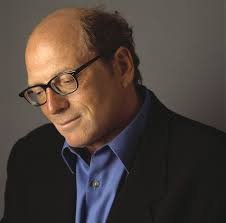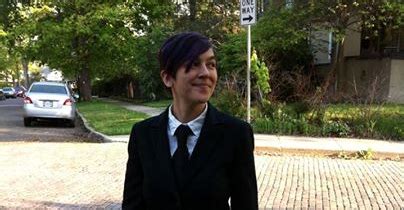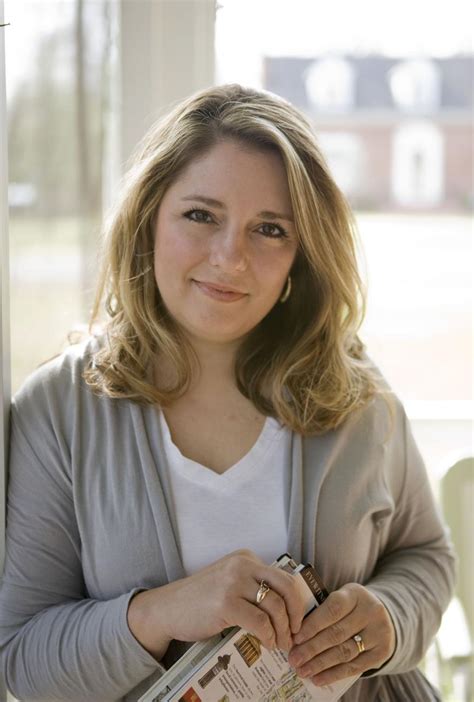A Quote by Oscar Hijuelos
Latins are predisposed to thinking about the past. Catholicism has a lot to do with it because Catholicism is a contemplation of the past, of symbols that are supposed to be eternally present.
Related Quotes
Now the ordinary Protestant, Jew or Secularist has a stereotype about Catholicism. It consists of Spanish Catholicism, Latin-American Catholicism and, let us say, a Catholicism of O'Connor's "Great Hurrah." Now there are types of Catholicism like that but this doesn't - this doesn't do justice to the genuine relation that Catholicism has had to Democratic Society.
Catholicism is not ritualism; it may in the future be fighting some sort of superstitious and idolatrous exaggeration of ritual. Catholicism is not asceticism; it has again and again in the past repressed fanatical and cruel exaggerations of asceticism. Catholicism is not mere mysticism; it is even now defending human reason against the mere mysticism of the Pragmatists.
Marriage is an effort to legalize love. It is out of fear. It is thinking about the future, about the tomorrows. Man always thinks of the past and the future, and because of this constant thinking about past and future, he destroys the present. And the present is the only reality there is. One has to live in the present. The past has to die and has to be allowed to die.
But the past does not exist independently from the present. Indeed, the past is only past because there is a present, just as I can point to something over there only because I am here. But nothing is inherently over there or here. In that sense, the past has no content. The past - or more accurately, pastness - is a position. Thus, in no way can we identify the past as past
We human beings have enormous difficulty in focusing on the present; we always thinking about what we did, about how we could have done it better.... or else we think about the future, about what we're going to do.... But at this precise moment, you also realize that you can change your future by bringing the past into the present. Past and future only exist in our mind. The present moment, though, is outside of time, it's Eternity.... It isn't what you did in the past the will affect the present. It's what you do in the present that will redeem the past and thereby change the future.
Do I address issues of the spirit, of the soul, in my work? Yes, definitely. As for being a Catholic poet, I was born in, and into, Catholicism - Eastern Rite Maronite and Melkite Catholicism. Not being Catholic has never been a choice for me - it's in my family, my ancestry, going back centuries. Catholicism, for me, is always here.
I've begun to recognize myself as a Catholic writer because my whole notion of the image, of symbol, of art and what it can do, has been conditioned by my immersion in Catholic culture, ritual, and art since my earliest days. Catholicism seeped into me through every pore. Catholicism is about seeping and pores!
We learn in the past, but we are not the result of that. We suffered in the past, loved in the past, cried and laughed in the past, but that's of no use to the present. The present has its challenges, its good and bad side. We can neither blame nor be grateful to the past for what is happening now. Each new experience of love has nothing whatsoever to do with past experiences. It's always new.





































